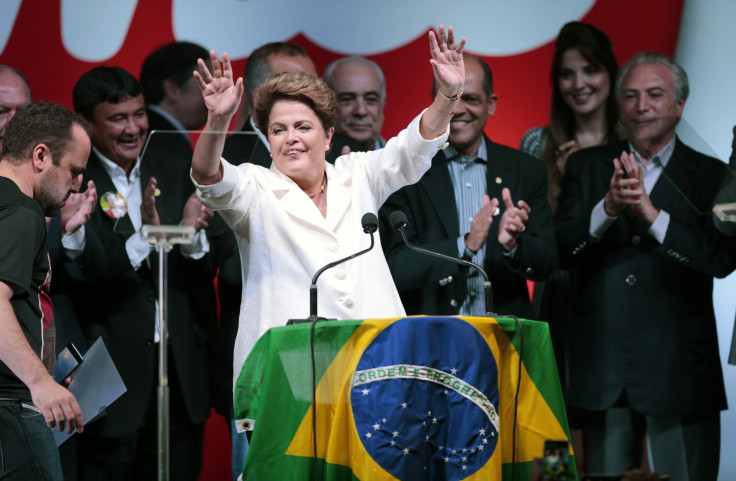
In a tight election race, Brazilians have voted once again for their current president, Dilma Rousseff, from the workers party, the ‘Partido de los Trabajadores’, to continue her presidency with which the party will complete 16 years in the power. With more than 99 percent of votes counted, President Dilma Rousseff led with over 51 percent of the vote and opposition candidate Aecio Neves had just over 48 percent. Roussef defeated opponent Aécio Neves, a 54-year-old economist, who is a well-known name and a career politician from the Democratic Party.
Before becoming the country's first female president in 2011, Rousseff was chief of staff to former President Lula da Silva and their government mainly focused on social programs and eradicating poverty. The reelected President’s biggest challenges will continue to be controlling inflation, preventing a recession and high levels of corruption.
Around 142 million Brazillians were called to vote on this election in electronic voting boxes, where voters don’t even have to know how to read or write. They simply have to press either button pertaining to their candidate. Adriana Brandão, director of the Electoral Tribune in Río de Janeiro, says the system offers great security and speed, “One of its biggest advantages is that there is no risk of fraud when identifying each voter, especially now that we have a biometric system…”
The win comes after Rouseff, 66, caused political outrage for spending public money, overviewing the necessities of the poorest communities in the country and building stadiums that will no longer bring revenue after the World Cup 2014 ended.
© 2024 Latin Times. All rights reserved. Do not reproduce without permission.
